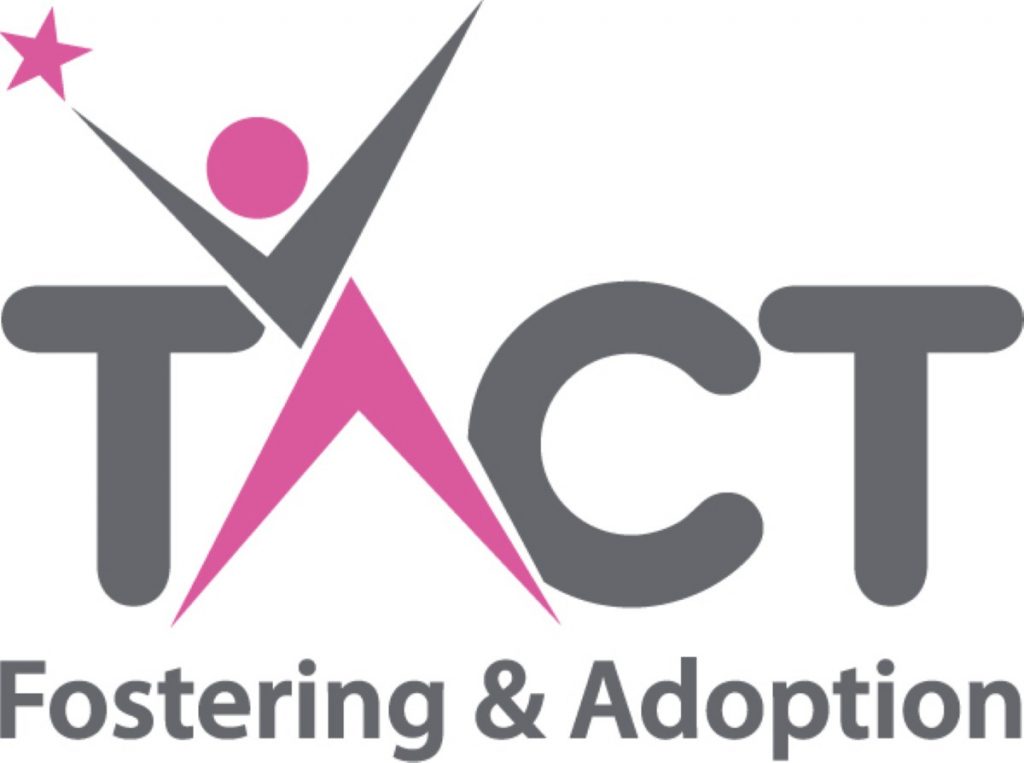TACT: The Welfare Reform Bill should consider the contribution made by long-term foster carers
The Welfare Reform Bill and Fostering
Introduction
The Welfare Reform Bill that is presently before Parliament will introduce fundamental changes to the benefits that people receive. During all the debates, both inside and outside Parliament the interests of one small but significant group of people have been ignored: foster carers. There are 88,060 children in the UK who are looked after by local authorities under the 1989 Children’s Act and, of these, 57,633 (65%) are in foster care. Long term foster care is recognised as being a very good way of ensuring the ‘looked after children’ get the care they need to maximise their life chances.
However, under the proposed legislation, foster carers who rely on welfare benefits or working tax credits will lose income and it is quite possible that some will have to give up fostering. It may also deter others from becoming foster carers. This will have a significant impact at a time that there is an urgent need for more foster carers.
Under-occupation and social housing
The Welfare Reform Bill makes changes to housing benefit. Working age housing benefit claimants living in social accommodation (council houses, housing association property) which is considered to be too large will need to make up any shortfall between the rent and their housing benefit entitlement or move to smaller, and more inexpensive, accommodation. This proposal in the Welfare Reform Bill to reduce Housing Benefit for under occupied social housing could have a serious negative impact on some foster carers.
Foster carers are allowed to claim housing benefit in relation to the housing needs of their own families but fostered children living with them are not taken into account when calculating the size of accommodation required. This means that rooms actually occupied by fostered children may well be classed as ‘under occupied’ under the new proposals. Consequently, housing benefit could be reduced by up to or 13 per cent for the use of a room by foster child, or by 23 per cent for the use of two rooms by fostered children
Foster care and conditionality
Under the proposals in the Bill some foster carers will find themselves subject to labour market conditionality. This means that whilst supplying foster care (a 24/7 occupation!) the additional benefits they get to top up their income will be conditional on them undertaking work-related activities such as attending interviews, taking part in a training programme, undertaking job search and applying for jobs. This is clearly not in anyone’s interest, least of all the looked children who are placed with foster carers.
Gap between foster care placements
Most foster carers experience gaps between fostering placements whilst they await the arrival of a new fostered child. Indeed, for some, the a gap is increasingly likely because of the developing emphasis by social services and fostering services on the importance of good matching between child and foster carer.
Under existing legislation foster carers who claim Income Support whilst the youngest fostered child in their care is under 16 years old are required to move to Job Seeker’s Allowance immediately on cessation of the placement.
It would seem right and fair that foster carers should continue to receive benefits for a short period whilst they prepare for a new placement, even if they have no other child in placement, rather than being required immediately to seek alternative work outside fostering. The Welfare Reform Bill offers an opportunity to allow foster carers a run-on period between placements.
Staff administering Universal Credit
Customer-facing staff in Job-Centre Plus, DWP and HMRC do not necessarily come into contact with foster carers on a regular basis and may lack familiarity with their situation. Reports from foster carers suggest that awareness of the specificities of foster care can vary. We understand that the new system will involve more discretion to deal with the situation of individuals. As such it will be very important for staff dealing with the claims of foster carers to have both formal guidance and training in order to inform decisions, agreements and action plans made by staff in respect of foster carers claiming Universal Credit.
Significant Issues
These issues for foster cares may seem rather insignificant in the grand scheme of benefit reform. However, foster cares provide a secure and supporting family environment for a group of children and young people who, through no fault of their own, are among the most deprived and damaged in our communities. Action needs to be taken to ensure that foster carers can now, and in the future, care for these children and young people without falling foul of the new benefits laws
Looked after children in the UK
| Country | Year | Children in care | Children in foster care (%) | Children in foster care |
| England | 2010 | 64,400 | 73 | 47,200 |
| Scotland | 2010 | 15,892 | 29 | 4,697 |
| Wales | 2010 | 5,162 | 79 | 4,049 |
| Northern Ireland | 2010 | 2,606 | 65 | 1,687 |
| Total | 88,060 | 57,633 |
Richard Parnell
Policy Advisor
TACT
August 2011
r.parnell@tactcare.org.uk





-01.png)